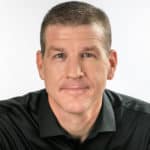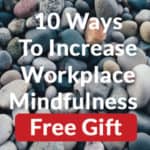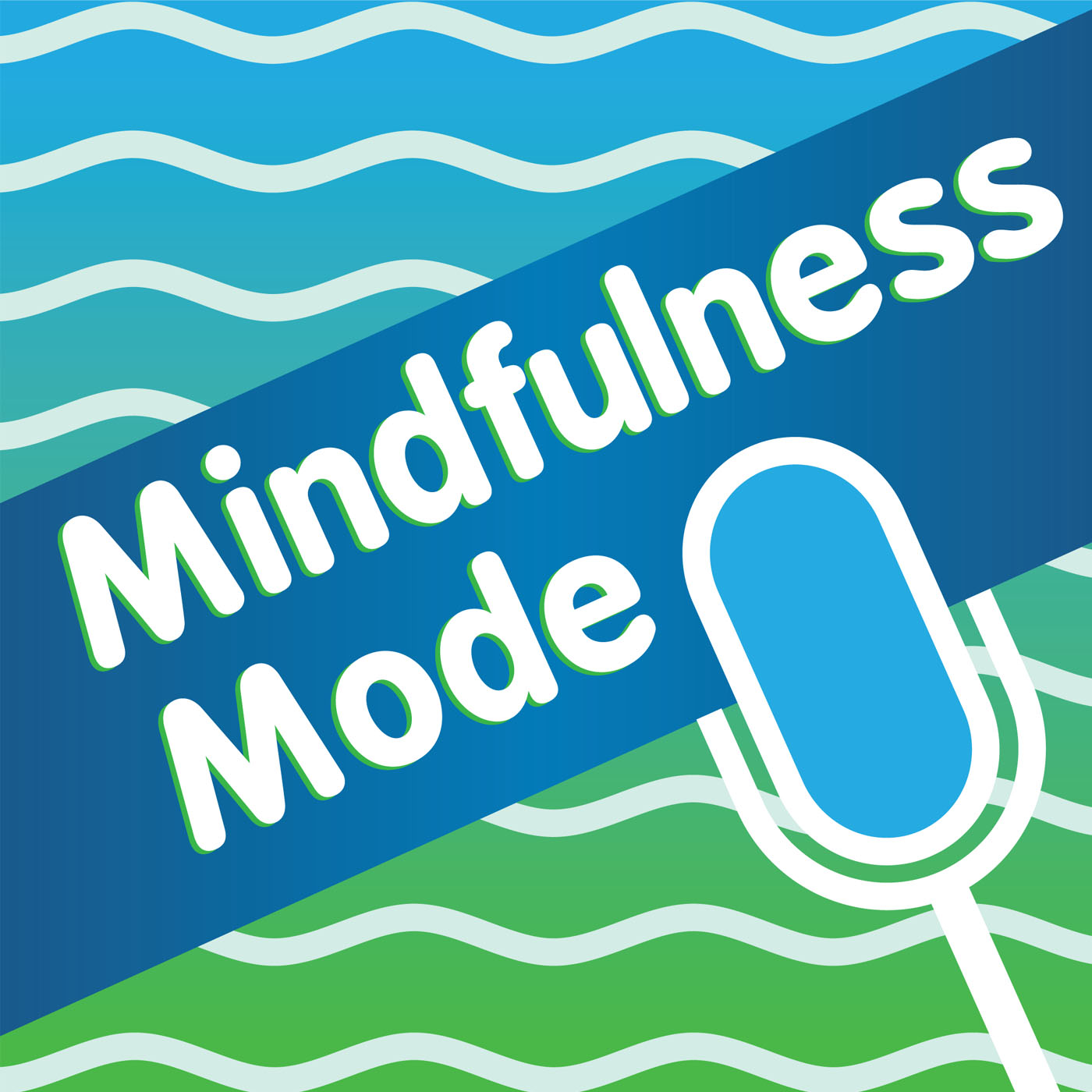
John Walsh is an author, speaker, coach, mentor and business advisor with a passion for helping students, young professionals, new executives and emerging businesses stand out when it matters most. As the President and CEO of StandoutX, LLC, he and his team work with experts around the world to inspire and develop the next generation of high-performers, leaders and difference makers in business and in life. Before he led the standout movement, John spent 20+ years as a successful executive with Disney and Madison Square Garden. John lives in Central Florida with his wife, three children and beloved puppy.
Listen & Subscribe on:
iTunes / Stitcher / Podbean / Overcast / Spotify
Contact Info
- Website: www.standoutmovement.com
- Book: The Standout Experience: How Students and Young Professionals Can Rise, Shine, and Impact When It Matters Most by John Walsh
Most Influential Person
- Darren Hardy, Robin Sharma, Brendon Burchard
- My family, my step-father, my dad, and mother
Effect on Emotions
- I'm still practicing mindfulness. I still struggle in the moment if I get upset.
- Mindfulness has helped me when I'm away and thinking about things.
Thoughts on Breathing
- I use breathing a lot when I'm training, when I'm running or biking. My wife and I have the oura rings and we pay attention to our breathing and heart-rate and restfulness.
- We are data junkies and we pay attention to our breathing at night and also while training.
Suggested Resources
- Book: The Four Agreements by Don Miguel Ruiz
- Book: Emotional Intelligence by Daniel Goleman
- Book: Emotional Intelligence 2.0 by Travis Bradberry and Jean Greaves
- Book: The Standout Experience: How Students and Young Professionals Can Rise, Shine, and Impact When It Matters Most by John Walsh
- App: Headspace / Lumosity / calm.com
Bullying Story
- In high school there was a kid who bullied me verbally and physically and one day I had enough and I grabbed him in the hallway and I pushed him against the wall and I said, “if you ever come near me again I'll beat you up.” He never touched me again.
- I think the worst bully in the world is yourself. I think about my thoughts and how I talk to myself. It's a daily struggle for me.
Related Episodes
- 512 Living Your Best Life Through Radical Self-Love; Tiffany Toombs
- 48 Days To Discover Your Calling; Dan Miller
- 502 Master Your Code With Darren Gold
Free Gift

Episode TranscriptNote: The following transcript is a draft transcript, and as such, may contain computer-generated mistranslations. Bruce Langford: What does mindfulness mean to you, John? John Walsh, Standout Movement: Mindfulness means, I love acronyms and I think you're going to hear that a lot in our discussion today. And I think about mindfulness as age a-g-e. So for me, mindfulness is awareness, being grounded and then being engaged in the present moment. And that to me is really mindfulness. And I liked that because with age comes mindfulness and the older we get, the more we realize how important mindfulness is. And so mindfulness is also about being in the present. And in my book, I spent a lot of time talking about, I'm a firm believer in people's past and their present and their future. And the present is the connection between the past and where you're going to go in the future. So it's so critically important. Bruce Langford: Well, it really is. Yes, for sure. Well you talk in your book about using a GPS for your life, and there's another example of your acronyms, because I thought this was a clever acronym. Tell us about that, John. John Walsh, Standout Movement: Yeah, it's really about goals planning in a system. You know, I've used different terms for GPS, but for me, it really is about what I've seen a lot, especially from young professionals and students, and quite frankly, adults. They're not really sure where they're going, and what’s interesting is, I'm sure you and your family and others who've listened, they'd go on vacation and what do you do? You plan where you're going to go, you look at all the things that you can do, you pack for all the, all the things that you possibly need. You look up the best flights and then you go on your trip, but then when it comes to life, like what do we do? Right? And so I think we just, we kind of just meander through life. John Walsh, Standout Movement: And so, GPS for me is really about knowing where you're going to go, that destination. And then GPS is really about how do you get there? And mindfulness helps a lot with this, but I think people are looking for a sense of purpose and that one place, that one direction, that one path, and there isn't, I mean, we all know that we use GPS in our car and our phones every day. And if you take a wrong turn, GPS sort of gets you back on track and it sort of knows where you're going and it helps you with the best route. So to me, it's a symbolism for your life. And I, I try to bring GPS to other people's lives to help them figure it out and then help them as they travel that path to their destination. Bruce Langford: Yeah, I think that is so important. And one of the things you share in your book is the secret to a long, happy and meaningful life and who doesn't want to know that secret, but it's a Japanese thing and I'm not sure exactly how to pronounce it, but it's, I K I G A I tell us about that. John Walsh, Standout Movement: Yeah. Ikigai, (pron: eeky guy). So it's called Ikigai and it's basically the Japanese for, it's your reason for being, and whenever you’re trying to figure out what am I doing? What's my purpose, that kind of thing. This sort of model. And there are four quadrants to the model, the intersection of those four things. If you can find that you've found your reason for being in the four quadrants: what am I good at, What do I love to do, What does the world need that I can provide? And then more importantly, are they willing to pay for it? And so if you've got a talent and a passion, and you're really good at doing something and you can solve someone else's problems, you can bring a solution to the world and new product and service and experience something, and then obviously get paid for it. Cause you have to sustain your living, that intersection where you're filling your passions and your dreams, you're solving other people's problems and helping them and you're getting paid for it. That is, that is true. Ikigai. Bruce Langford: Well, I think one of the things that will really connect with your young followers is that you say, reframe your life as a game and then understand what kind of player you are. And I think that's really clever and it makes it sound kind of fun. So how do we actually do that, John? John Walsh, Standout Movement: I think mindfulness helps. We spent so much time in the stress of life, right. And everything is super important. And if I don't get that job and I don't get that project or that thing I want doesn't happen and we take things so seriously. And at the end of the day, life is supposed to be fun. It's supposed to be happy. I grew up playing sports my whole life, and if you sort of look at life as a game, it really reframes how you think about life and how you approach it. And that relieves the pressure a little bit. It's fun. It's competitive. All the things that we're wired to do as a human species comes from playing games. John Walsh, Standout Movement: And so if we can approach our day and approach our life from a gaming perspective I think that really helps. And to play a game, you have to know what game you're playing. You have to know what the rules are. You have to know how to win and the strategies. A lot of great athletes go into their games, being very mindful. They visualize plays and things before they happen. They are present in the moment. And so I think it's super important if we just got people to think about life as a game, don't take it so seriously. We'd have a lot more fun. Bruce Langford: I think we do take life too seriously, sometimes. One of the things I like about your book is that you use lots of really clear illustrations and you also include quite a few quotes. And one of those quotes that just jumped right out at me is this; Success is not the key to happiness, happiness is the key to success and that's by Albert Schweitzer. So tell us, when were some times in your life, when it felt like you just were treading water and you weren't really getting anywhere, do you have any stories to tell them that kind of thing? John Walsh, Standout Movement: Yeah, I'll actually share where that came from. I was an executive with the Walt Disney company and I've always believed in giving back and helping people get to a certain level, helping them with success and that kind of thing. And I was giving a speech once to, there may have been a hundred Disney cast members as we called them. And I was talking about my keys to success, how I became an executive, why am I so successful? And I remember going through the responses afterwards. And a lot of them were like, well, this was great. There was one that jumped out at me and that one said, this was really great information, but it doesn't seem like he's having a lot of fun. And then the other part of it goes on to say, he left out the point about being happy. John Walsh, Standout Movement: And that took me back a little bit to say, my goodness. It's very easy to kind of take that feedback and say, wow, you don't know you're talking about or whatever else, but I sat down and thought about it. And I was like, gosh, that's right. And so to me, happiness became, I always talk about success and happiness throughout the book I'm talking about. It's not just about success. It's also happiness and which one leads to the other. And I devoted an entire chapter to happiness as a result of that. I think it's super important. Bruce Langford: Yeah. It really is important. There's no doubt about that. And one of the things you talk about in your book is your favorite mentor, Darren Hardy. Darren Hardy is a terrific, terrific guy with so much wisdom and knowledge. And when you talk about his phenomenon called the compound effect, how has this worked for you in your life? John Walsh, Standout Movement: The compound effect. So when I was an executive at Disney, I had really travelled pretty quickly through the ranks and I became an executive. But then I hit a plateau and I remember my leader dropped off a letter. It was two days before Christmas. He dropped off a letter and it was, I think, cause he was leaving to go with his family or whatever else. He didn't get a chance to talk me through it. But I took it as sort of like a performance letter, like, oh my goodness I'm not doing very well. But one of the things it said is that we think you should spend time with a leadership coach. We think you should read this book and that kind of thing. So instead of reading the book that they suggested, which was Good To Great, I think I decided, I don't know how I came across it, but I came across The Compound Effect. John Walsh, Standout Movement: So it was really the first time I sort of dove into personal development and I read The Compound Effect. That was the first book I ever read and I was hooked and it was, I started reading book after book, after book and I just felt that there's so much wisdom there. And when people ask me for a book recommendation, it's one of the ones that I put out there. Sort of the thread underneath my book is about the compound effect, about all the little things you have to do before you get to that success and happiness point. So it's had a huge impact on my life. It really has. Tune in to the episode to hear more from John Walsh.
|








